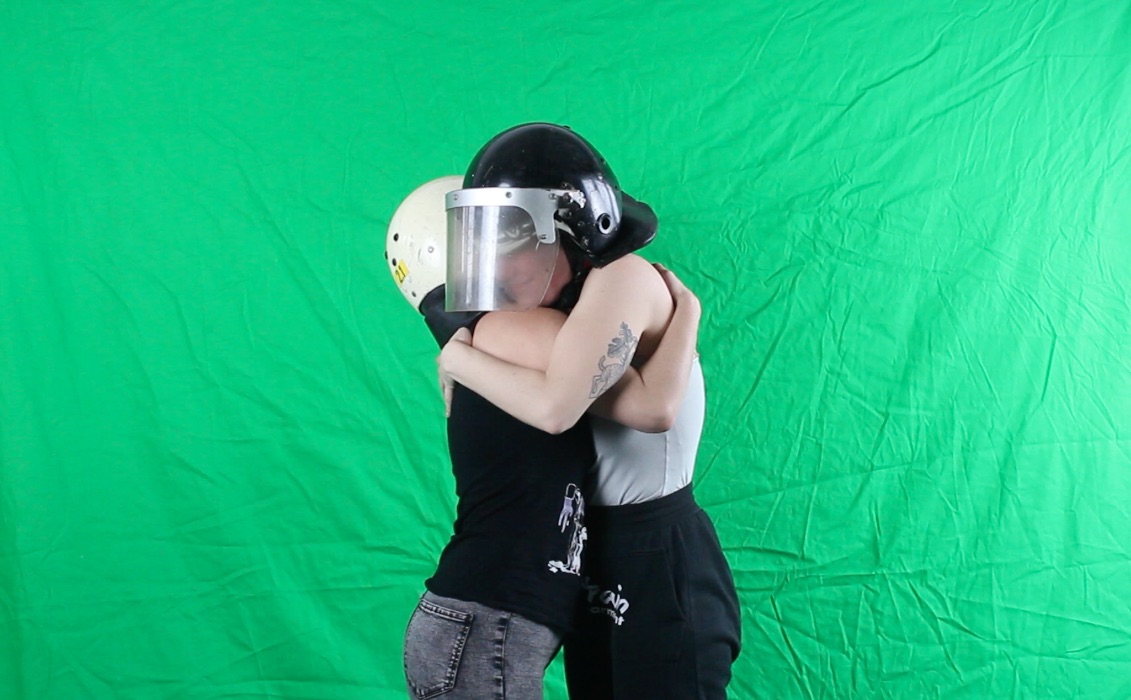Saskia Burggraaf (she/they) is a multi-disciplinary artist and designer based in Haarlem, Netherlands. Her work encompasses a wide range of mediums, including video, performance, sculpture, prints, drawing and installation. Burggraaf's practice is deeply rooted in her research on human behavior and the dynamics of power and control within social structures. As a designer she is able to combine information, complex ideas and a broad scale of disciplines to come to a design for your cultural institution and/or styles for fellow artists. Please read terms & conditions here.
Burggraaf is an alum of the master Art Praxis of the Dutch Art Institute (2020), and is also an activist and active in the Nieuwe Vide art space in Haarlem as designer focussed on communication. Her ongoing and future autonomous work mainly focuses on subjects like non-linear time, trauma, and the patriarchal concept of property, law, and industrial time, as well as how to counter this within communities.
Burggraaf investigates 'the alternative' in the broadest sense of the word, from sub- and anti-culture to non-hierarchical thinking and organizing. She attempts this by applying feminist, anti-colonial geography and queer theory during the making process. Burggraaf's making is an attempt, together with the viewer, to look at how we experience the world from a different perspective, without capitalism, without inequality. She often "remixes" media and content into a non-linear story to explore this. Her main question is: how can we reorganize the space and time around us, beyond conventional oppositions (binary structures and norms) and live outside the patriarchal concepts of 'property'?
Through her thought-provoking installations, video essays, prints and more, Burggraaf challenges viewers to question the existing power structures and models of justice in society. She invites us to imagine a world beyond conventional oppositions and norms, to consider alternative futures, and to explore the potential for art and activism to create change.Where does activism begin?
Find CV here

Saskia has a research-collaboration with Anne Mul (Significant Otherness).
This collaboration bloomed from an interdisciplinary queer-feminist rhizome with the aim of imagining other futures.
Saskia was also part of The Holls Collective, formed after graduating the KABK.
Currently, she works primarily in Haarlem / Nieuwe Vide and works under their own name.
CONTACT